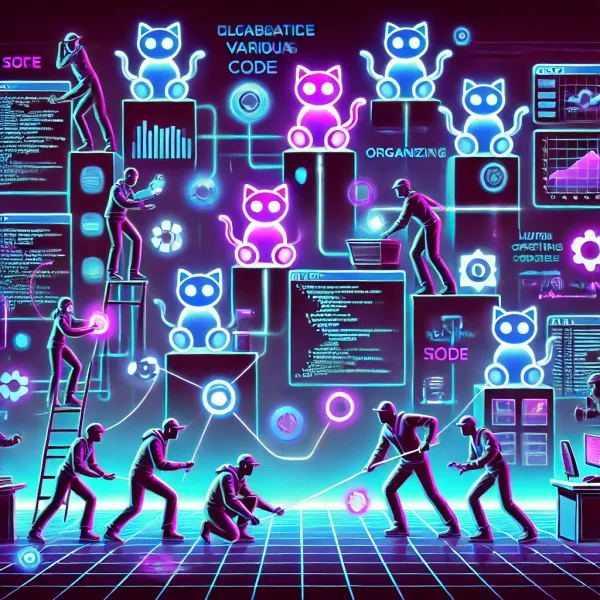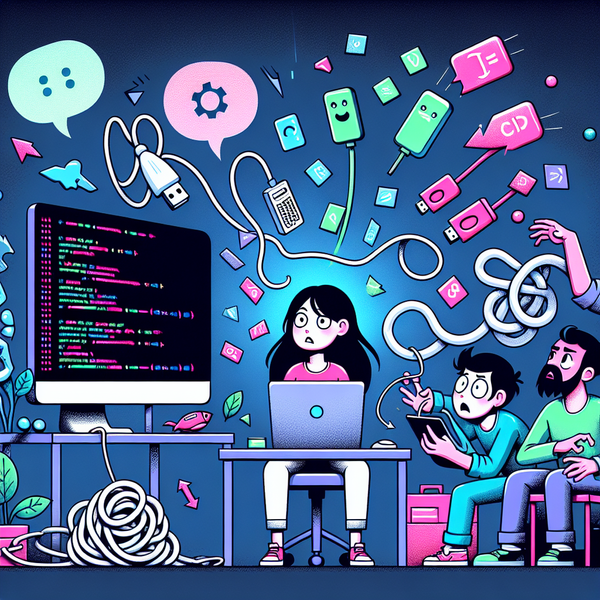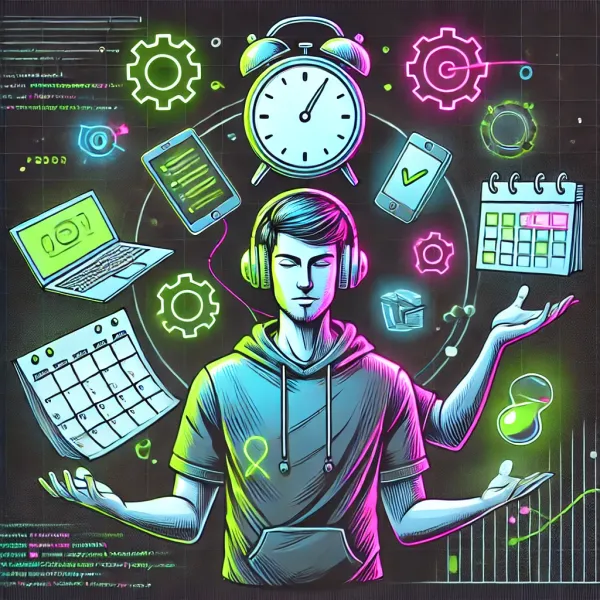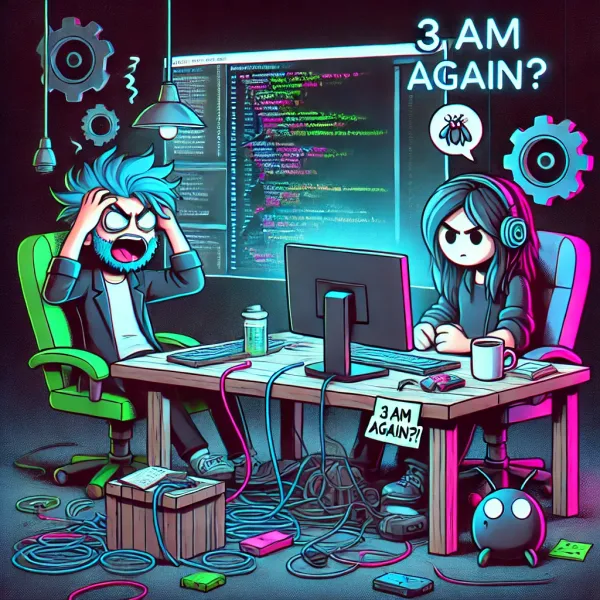Listening Skills for Software Developers
Why listening is an important skill for Software Engineers and how to get better at it.
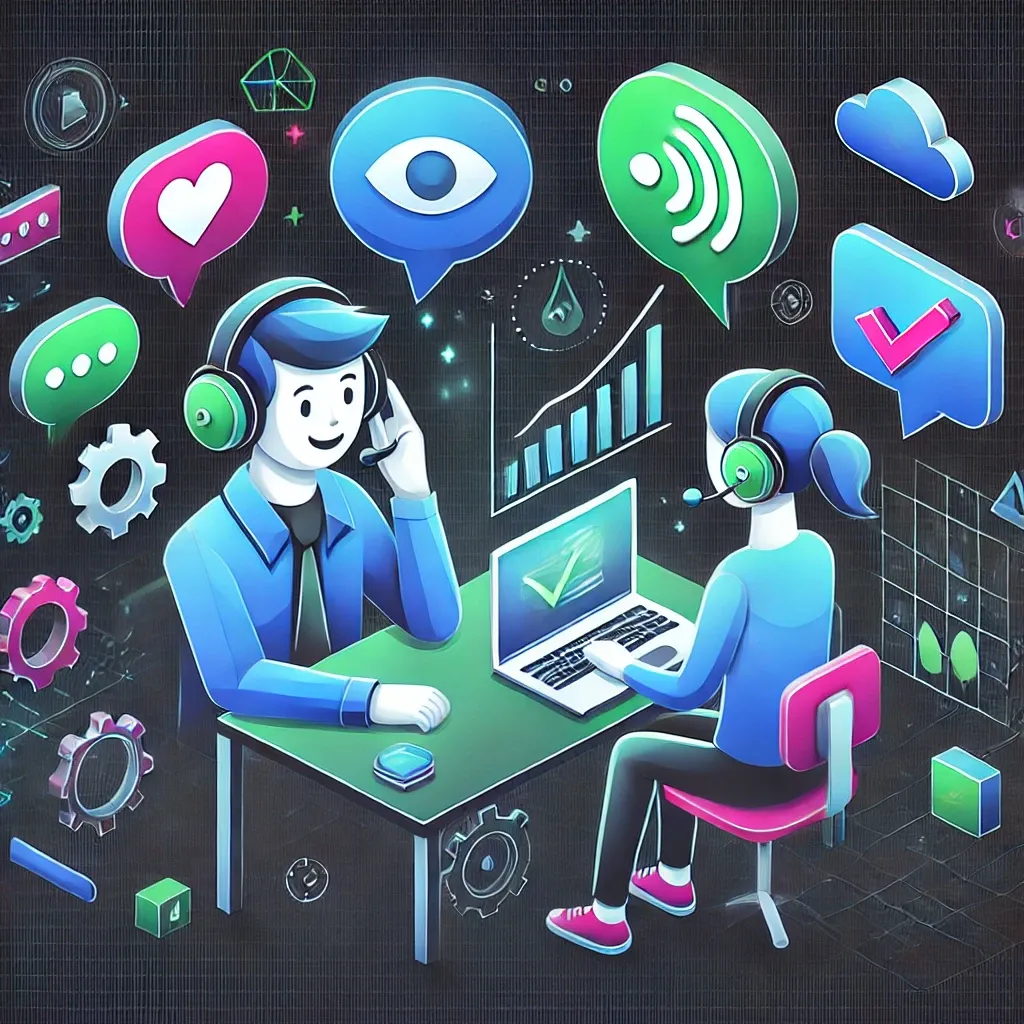
Listening skills might not be the first thing that comes to mind when you think about software development, but they’re just as essential as writing clean code. A developer who listens well understands requirements better, avoids miscommunication, and builds solutions that hit the mark. In this article, we’ll explore why listening skills are vital for software developers—and how to improve them (before your next miscommunication leads to a rework marathon).
Why Listening Skills Matter
Understanding Requirements
Misunderstanding requirements is every developer’s worst nightmare. You think you’ve got it, but surprise! The client wanted something entirely different. The best way to avoid this? Actually listen. Don’t just wait for your turn to speak—engage actively. Ask clarifying questions, repeat back what you’ve understood, and align with stakeholders before you touch a keyboard. Clear communication starts with listening—not guessing.
Team Collaboration
Software development is rarely a solo gig (unless you’re coding in your basement at 2 a.m. with a pot of coffee). Working with a team means truly listening to your teammates—not just hearing them but understanding their perspectives. Whether it’s during a code review, a standup, or brainstorming session, good listening keeps everyone on track. Effective communication ensures the team works together, not at cross-purposes.
Debugging Issues
Ever been halfway through hearing someone explain a bug and already thinking about the solution? Stop. Listen first. Often, the key to fixing a bug lies in fully understanding what’s being said. A single overlooked detail could be the difference between hours of troubleshooting and a ten-minute fix. Listening carefully isn’t just polite—it’s a time-saver (and a headache-avoider).
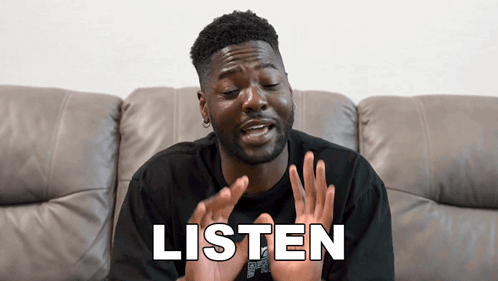
How to Improve Your Listening Skills
Active Listening
Active listening isn’t just nodding along and saying, “Uh-huh.” It’s about fully engaging with the speaker. That means making eye contact (even on Zoom), putting distractions aside, and focusing on what’s being said instead of mentally crafting your response. Active listening shows respect and ensures you don’t miss key details hiding in plain sight.
Ask Clarifying Questions
If you’re unsure about something, ask. It’s better to clarify now than to build the wrong thing and redo it later. Phrases like “Just to clarify, are you saying...?” or “Do you mean...?” are lifesavers. Communicating feedback effectively also hinges on asking the right questions to fully understand the issue.
Reflect Back What You Heard
A great way to confirm your understanding is to reflect what you heard back to the speaker. For example, “So you’re saying the API should return a 404 if the user ID doesn’t exist?” This shows that you’re paying attention and gives the speaker a chance to correct any misunderstandings before they escalate into full-blown problems.
Be Patient
It’s tempting to jump in with a solution the moment you hear a problem—but resist. Letting someone fully explain their thoughts leads to better understanding (and fewer interruptions). Besides, nobody enjoys being cut off mid-sentence. Patience not only improves your listening skills but also makes you less likely to miss critical information.
Conclusion
Listening might not be the flashiest skill for a software developer, but it’s a crucial one. It lays the foundation for effective communication, smooth collaboration, and efficient problem-solving. By practicing active listening, asking clarifying questions, and exercising patience, you’ll not only avoid miscommunications but also improve the quality of your work. Remember—great code starts with great listening.

